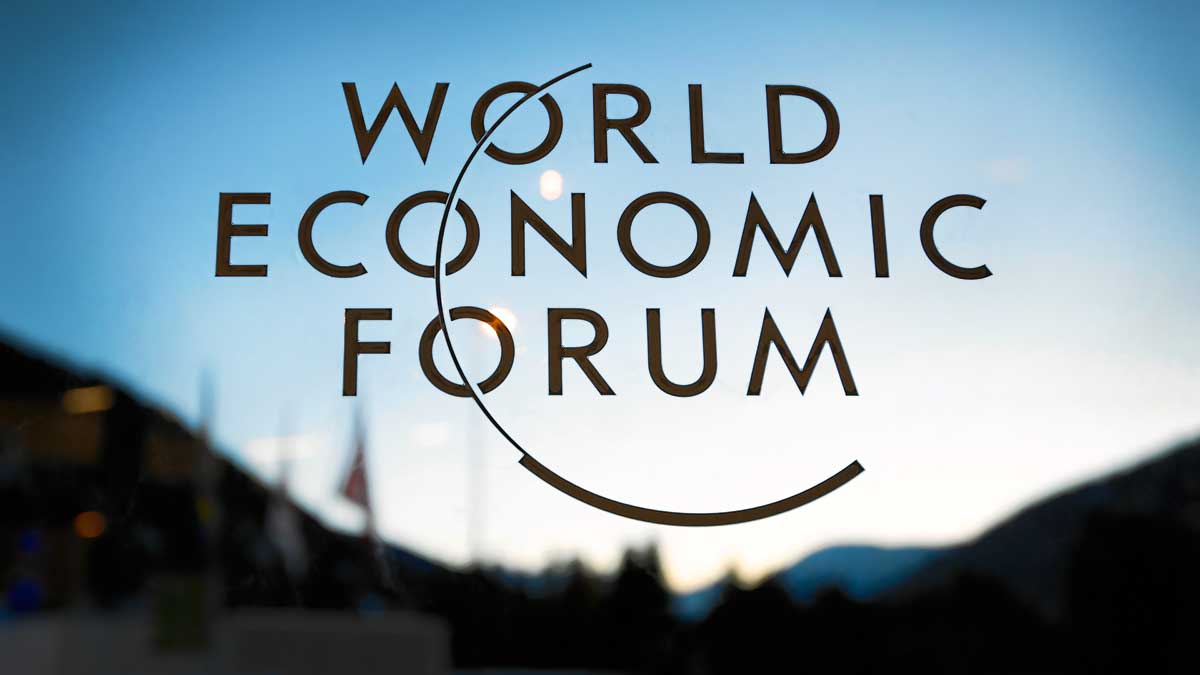Driving Towards Net-Zero: Progress of Hard-to-Abate Sectors Worldwide
Key Ideas
- The Net-Zero Industry Tracker evaluates the progress of hard-to-abate industrial and transport sectors towards achieving net-zero emissions by 2050.
- Key sectors, accounting for 40% of global GHG emissions, face challenges in emission reduction, requiring innovations like electrification and fuel switching.
- The report highlights the need for accelerated progress across sectors like steel, aluminium, cement, oil and gas, aviation, shipping, and trucking to meet net-zero goals.
- Long-term solutions for emission reductions include technologies like CCUS, electrification, fuel shifts, and the use of clean hydrogen in industries like oil and gas, shipping, and primary chemicals.
The Net-Zero Industry Tracker's third edition focuses on the progress of hard-to-abate industrial and transport sectors in achieving net-zero emissions by 2050. These sectors, including steel, aluminium, cement, oil and gas, aviation, shipping, and trucking, play a crucial role in global economic activity and are responsible for a significant portion of global GHG emissions.
The report emphasizes the challenges faced by these sectors in reducing emissions, such as unique physical, macroeconomic, and business obstacles. To overcome these challenges, the report suggests prioritizing innovations like low-carbon electricity, fuel switching, electrification, and CCUS. It also stresses the importance of sustainable aviation fuel, clean hydrogen, and bioenergy in sectors like aviation, primary chemicals, and cement to achieve long-term emission reductions.
The tracker provides quantitative and qualitative scorecards to track progress and readiness for net-zero targets, identifying priority areas and barriers for industries. While sectors have shown progress in emissions reduction, the report indicates that sector readiness scores need improvement. Overall, the report maintains a positive sentiment towards the advancements in energy transition technologies and policies that align with achieving a net-zero future.
